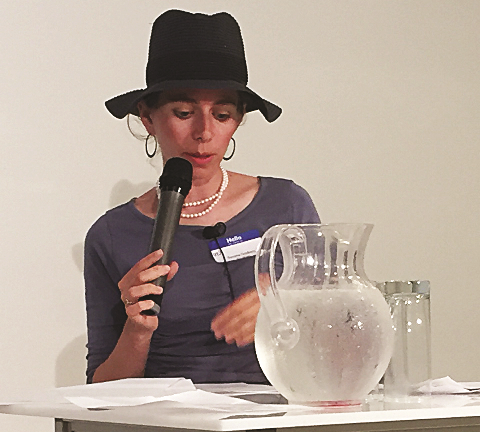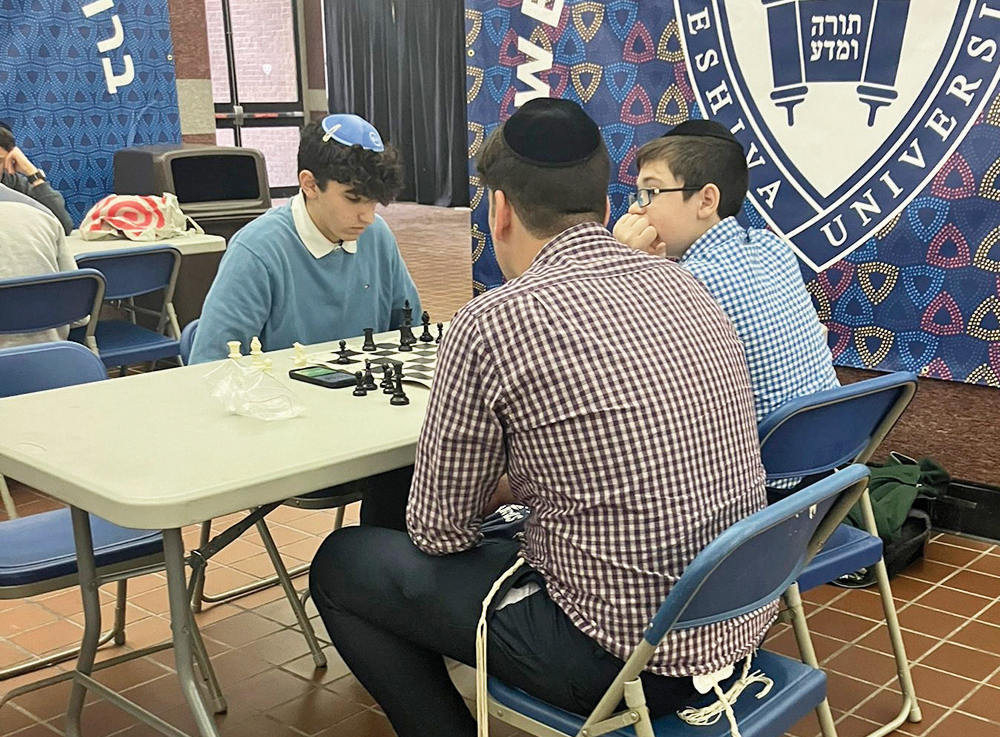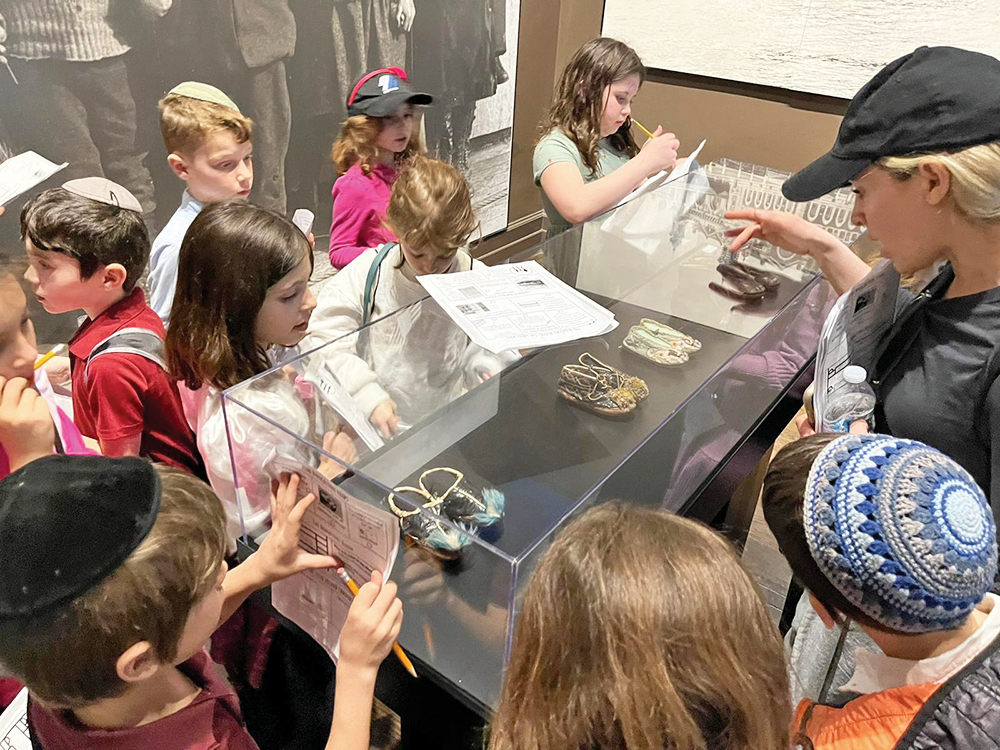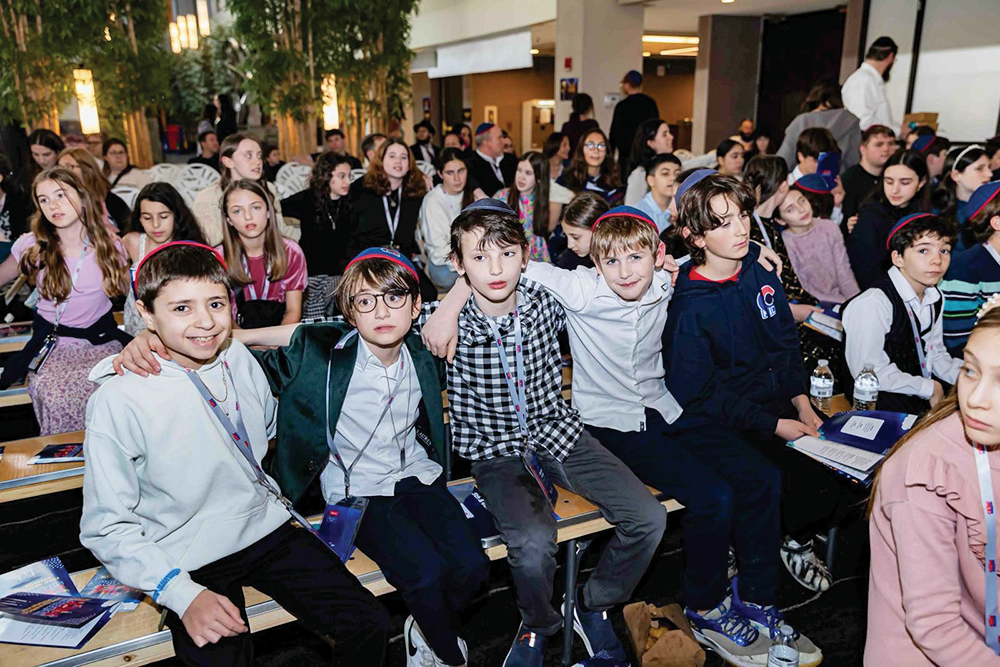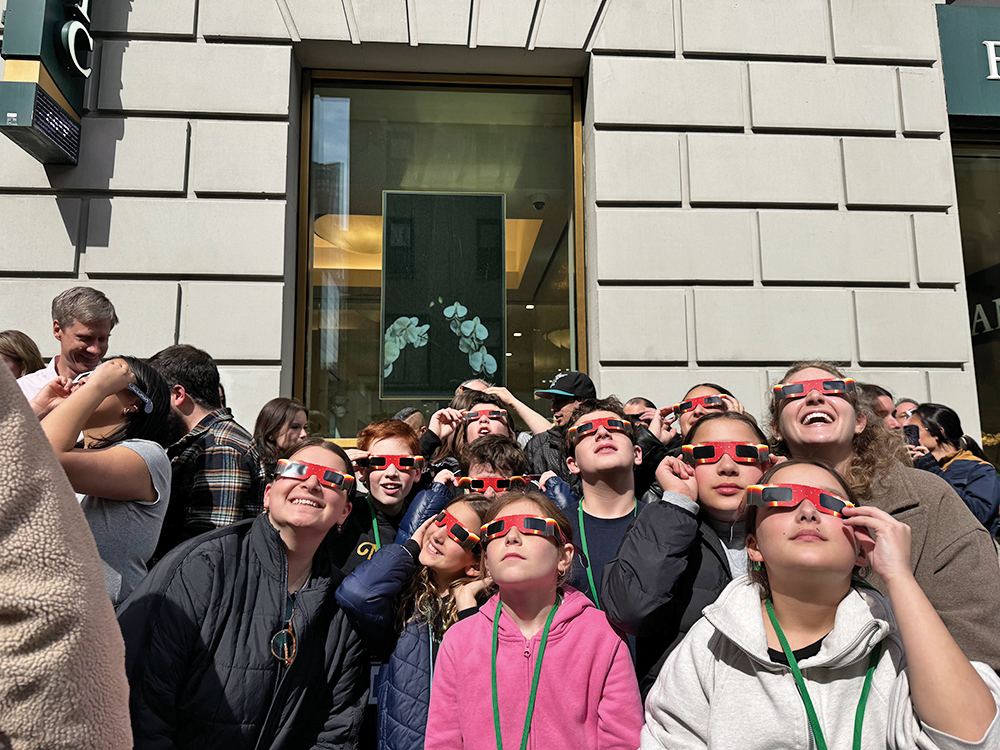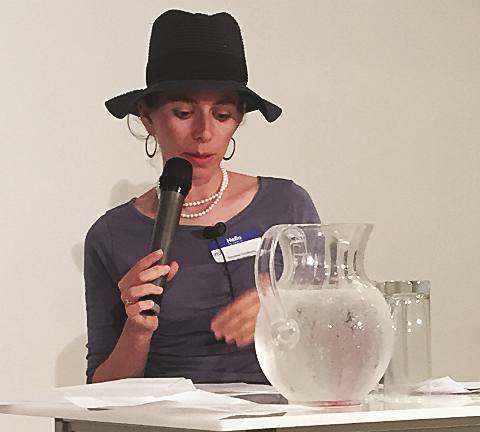
The Jewish singles world has been stricken by FOMO. No, there’s no medical antidote for it. But it is curable.

What exactly is it, you wonder? In the words of Marc Goldmann, co-founder of popular online dating service SawYouAtSinai, FOMO is the Fear Of Missing Out. And it may be the single biggest factor to the rise in unmarrieds.

For sure, men are far more guilty of FOMO than women, largely because men enjoy an un-level playing field. “There are three leading causes of imbalance between men and women in the dating space,” Goldmann said, “The age gap, simple demographics—there are approximately nine single men for every ten single women—and many more women than men Baale Teshutvot.”
And when Goldmann talks about “the gap,” he is referring to even a few years’ difference. “[It] can be as little as two or three years,” he said. “Not an unacceptable age discrepancy between the genders at all. But it can have a societal impact that needs to be evaluated separately from the appropriateness for each individual couple.”
Goldmann was one of four featured speakers during the first of a two-day forum called The Shidduch Crisis & Intermarriage: Finding Love in the Jewish Community. The event was sponsored by the Union for Traditional Judaism, a nonprofit transdenominational halachic organization.
Other featured presenters included:
Award-winning journalist and educator Temima Goldberg Shulman of Passaic, NJ
Dr. Sharon Weiss-Greenberg, executive director at the Jewish Orthodox Feminist Alliance (JOFA)
Brooklyn-based psychologist Dr. Neal Maron
During a highly animated afternoon that included close to two hours of Q&A, the speakers covered a range of challenges and agreed there is no magic solution to the rising tide of unmarrieds.
Since 2000-2001, the population of Jewish singles, said Goldmann, has surged from 1.1 million to 1.85 million today, of whom nearly two-thirds are men and women who’ve never married. (Approximately 750,000 singles are people either divorced or widowed.)
Some simple factors driving the rise, he notes, may be obvious to many but no less relevant: People are taking their time to commit. The median age of a man to marry is 29, and 26.5 for a women—six years older than their counterparts 50 years ago.
There is also what Goldmann describes as the paradox of choices—the bounty of singles loathe to commit to a partner, believing a better prospect sits just around the corner. “The fear of missing out is a tremendous problem in our society today.”
More Than a “Single” Point of View
Many stereotypes permeate who precisely is the single adult—and virtually all are unflattering and, at times, even cruel: Complacent, stubborn, nitpicky, nebesh.
And while the speakers generally spoke favorably in support of dating coaches to work with mature singles, some of the presenters chastised the broader Jewish community for devaluing those who are not married as being less equal.
Dr. Weiss-Greenberg used social media to solicit feedback from singles about the challenges they face in the religious community. A tidal wave of responses has flooded her chat rooms, citing sexism, ageism and a spirit of dismissal.
Here’s one single person’s account: “The Jewish community does not treat us as adults. Girls still in college 10 years younger than me are considered more mature, better-functioning individuals simply because they have a ring on their finger. They are given more responsibilities and more independence. They are capable of contributing to the Jewish community; singles are expected to contribute nothing.
“Having a husband shouldn’t be treated as a badge of success,” the person added. “It may be a successful relationship, yes, but it doesn’t make you any more equipped to be a functioning adult.”
By Rabbi Noah Gradofsky and Mitch Morrison


